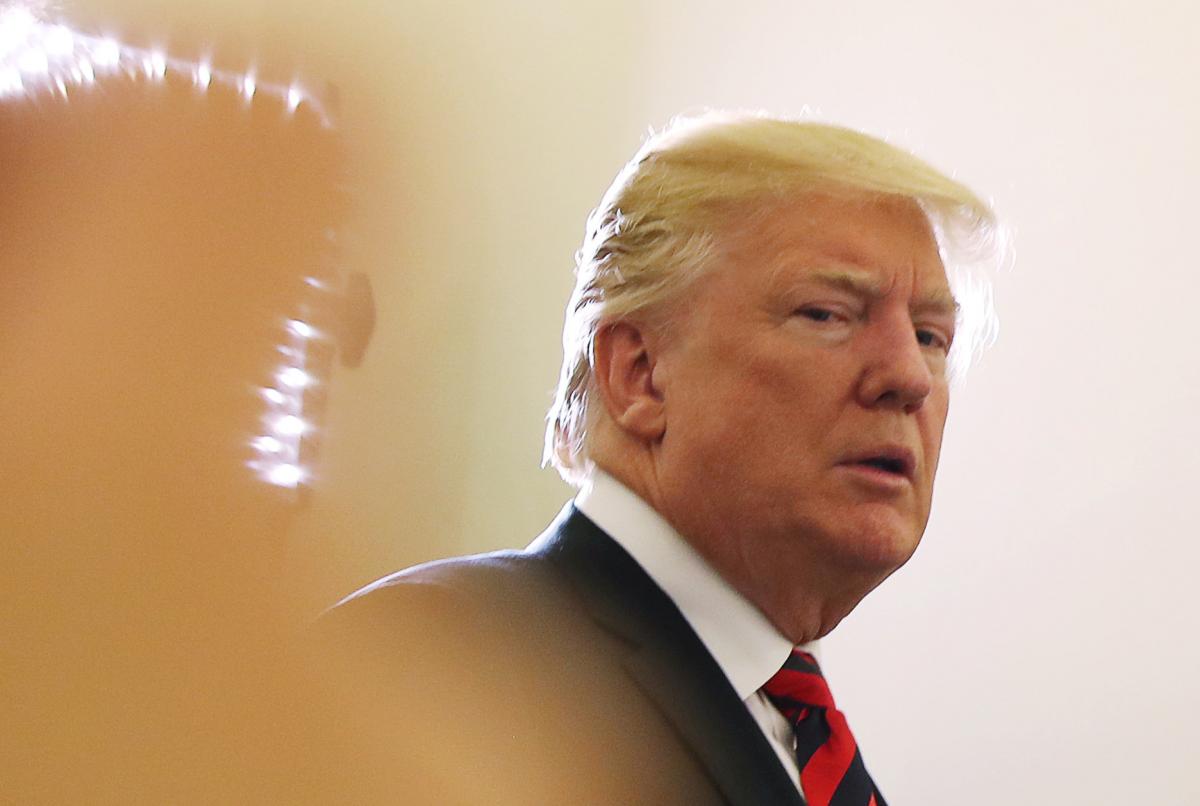
Employees from the Texas steel pipe producer Borusan Mannesmann Pipe (BMP) sent some 4,500 post cards to President Trump and members of Congress, on behalf of their employer in the Houston suburb of Baytown — which imports unfinished pipes from Turkey.
Trump in March slapped duties of 25 on steel imports and 10 percent on aluminum, and at the start of June removed temporary exemptions for major producers Canada, Mexico and the European Union (EU). While Trump says the border taxes protect US national security and have breathed life into time-ravaged American producers, about 21,000 businesses have sought exemptions from the tariffs for foreign-made goods, arguing that the duties threaten their import-dependent bottom lines.
Trump denies plan to pull out of WTO
But three months after the first requests, the government has reviewed only 98, Commerce Secretary Wilbur Ross said in recent congressional testimony. Of these, just 42 were approved. BMP CEO Joel Johnson was among the very first business leaders to seek product exemptions for the Houston pipe company. But when he got no response, he decided to make his case directly, along with thousands of others.
"We made an offer to President Trump and Secretary Ross which was very simple," he told AFP. "We did a request for a two-year exemption of the tariffs to allow us to build a new factory in Baytown and at the end of these two years we will stop importing and we will be 100 percent US-made pipe."
The proposition should appeal to Trump, given his "America first" agenda, said Johnson, adding that it would bring his workforce to 437 people from 267. In Baytown, unemployment is two and a half times the national average at 10 percent, and Johnson warned the company will be forced to lay workers off if it faces an annual hit of $25 million to $35 million from the tariffs.
Canada retaliates tariffs on US metals, orange juice
Republican Texas lawmaker Brian Babin made the same case to Ross last week. Others are opting to play hardball.
The American Institute for International Steel, an industry body representing companies that depend on steel imports, sued the Trump administration last week before the US Court of International Trade in New York, challenging the legality of the steel tariffs. The organization is calling on the courts to strike down the 1962 legal provision Trump used to impose the new duties, claiming it is unconstitutional.
Sometimes called the "national security clause," Section 232 of the Trade Expansion Act of 1962 gives the US president extraordinary powers over foreign trade, a power the US Constitution generally confers on Congress. "Section 232 allows the president to consider virtually any effect on the US economy as part of 'national security,'" AIIS President Richard Chriss said in a statement.
Trump gets prank called by comedian while on Air Force One
The federation says many American business are suffering under the tariffs while ports and workers have seen a sharp decline in their businesses' throughput. So far, the Federal Reserve system's regional manufacturing indices show general manufacturing activity remains quite healthy by historical standards.
But steel prices have risen sharply and fast. In October, a ton of hot-rolled steel coil went for $577, its lowest level in a year, Johnson said.
As of Friday, it was closing in on twice that at just under $917.
As the metal tariffs battle rages, a second set of Trump tariffs on Chinese goods is due to take effect July 6, while US businesses are being hit with retaliatory tariffs from Canada, Mexico, the EU and China.
The Trump administration also announced in late May it was considering using Section 232 to slap duties on the hundreds of billions in autos imported annually, a prospect economists say would make America's trade wars far more serious.

















COMMENTS
Comments are moderated and generally will be posted if they are on-topic and not abusive.
For more information, please see our Comments FAQ